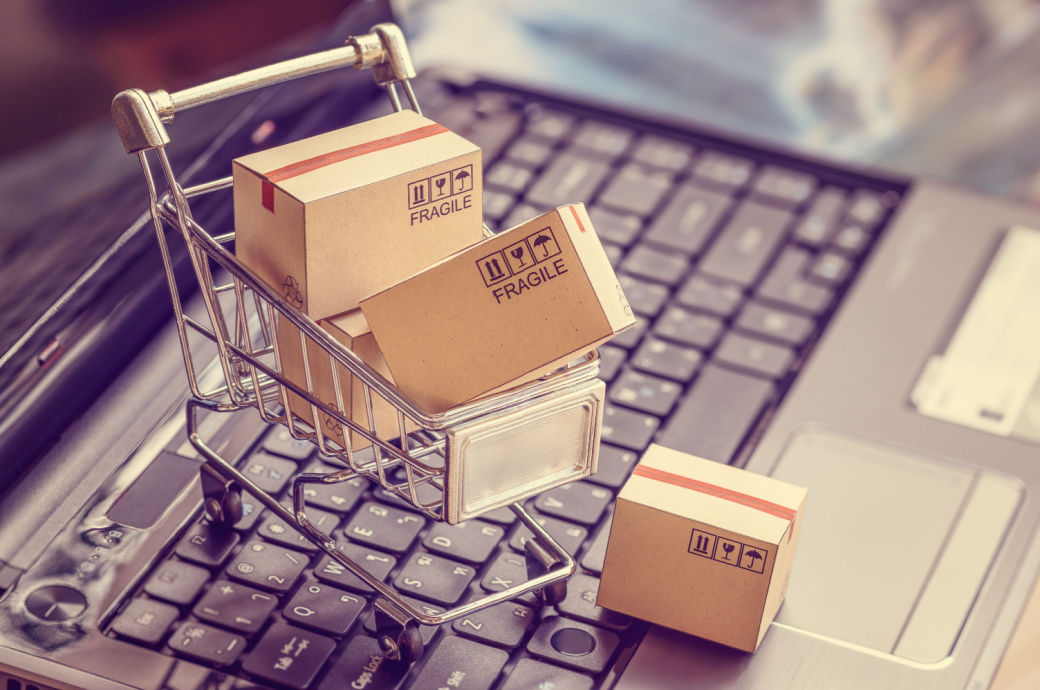
The primary challenge faced by women-led businesses is in terms of access to programmes, infrastructure, financing, capacity building and other opportunities, foreign affairs research specialist Jovito Jose Katigbak, Philippine Asia Pacific Economic Cooperation (APEC) Study Centre Network project evaluation officer Jean Clarisse Carlos and Philippine Competition Commission programme officer Jill Angeli Bacasmas said In a PIDS policy note.
“More specifically, women-led businesses have difficulties connecting to the internet, securing loans and funding for their operating costs and future expansions, processing information and procedures on cross-border trade, and participating in government-led programs,” the authors said in the note titled ‘Diagnosing the Policy Environment for Women-Led MSMEs in Cross-Border E-Commerce Trade’.
Issues substantially contributing to the low level of access to many services and programmes need to be addressed, they said.
With the two main barriers to access being the lack of understanding of government policies and programmes as well as rampant informality among women-led MSMEs, the authors recommended stepping up efforts to educate these businesses.
Several women-led e-commerce businesses were set up when COVID-19 pandemic-induced restrictions were imposed, which explains the low awareness on government programmes supporting their internationalisation through cross-border trade and their hesitation to register and move to the formal sector, the authors said.
“Concerned government agencies should intensify campaigns and projects seeking to assist women MSMEs move from the informal to the formal sector,” they said.
As men and women face unique challenges, efforts to collect sex-disaggregated data should be strengthened to come up with targeted programmes for women-led MSMEs engaged in cross-border e-commerce, the authors added.
Fibre2Fashion News Desk (DS)